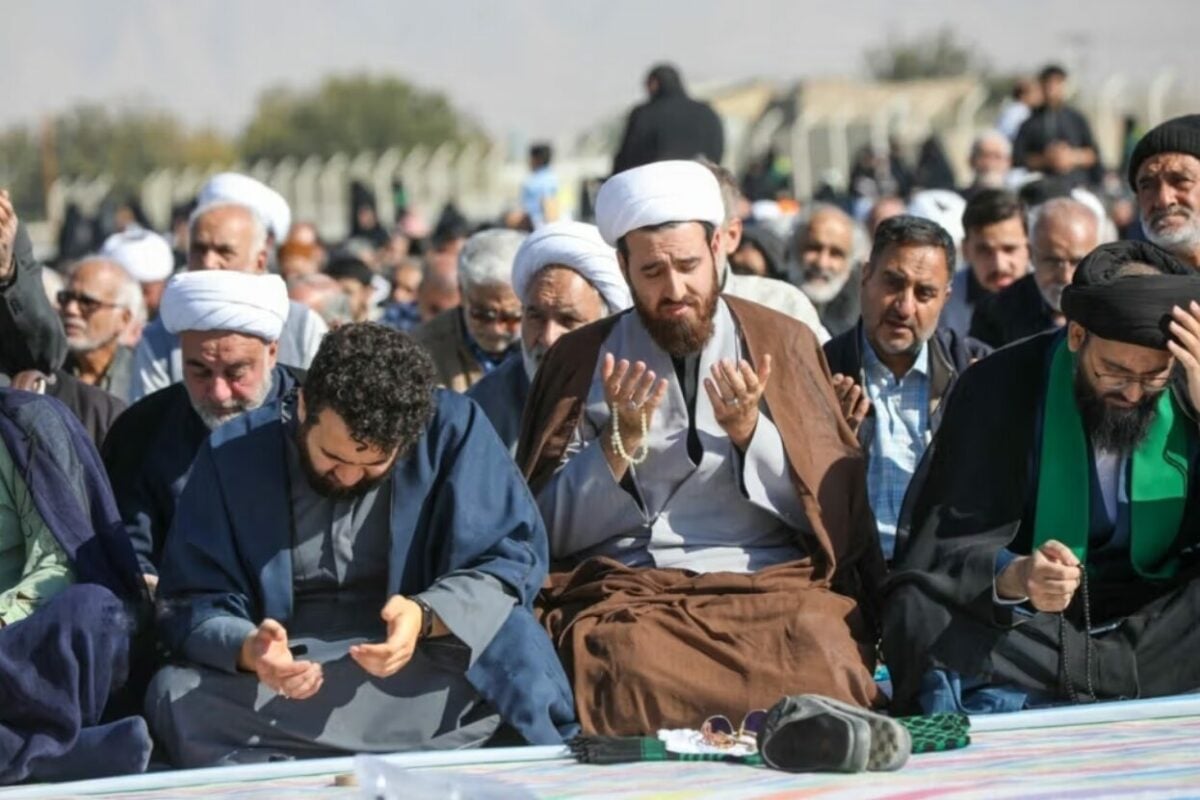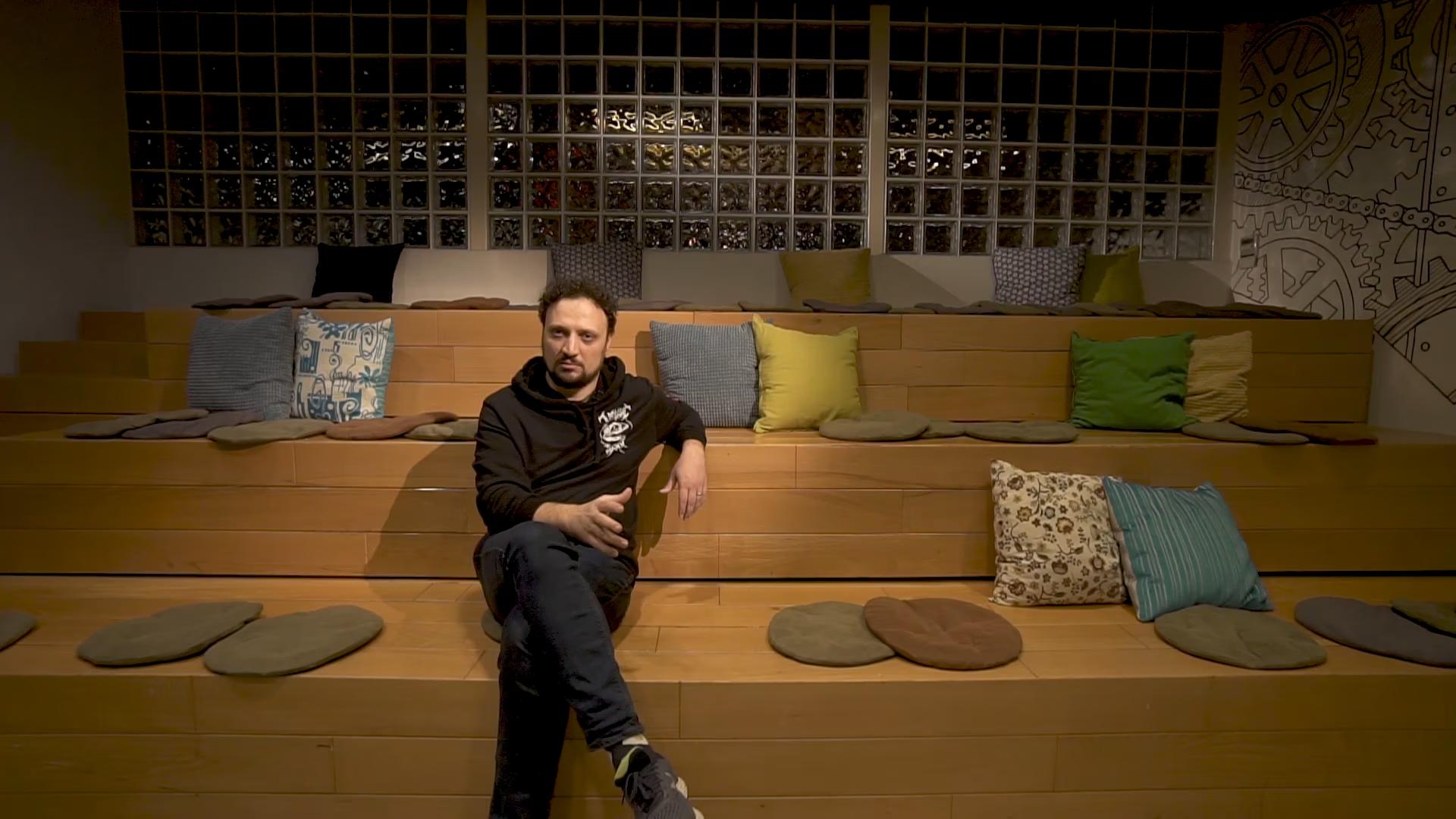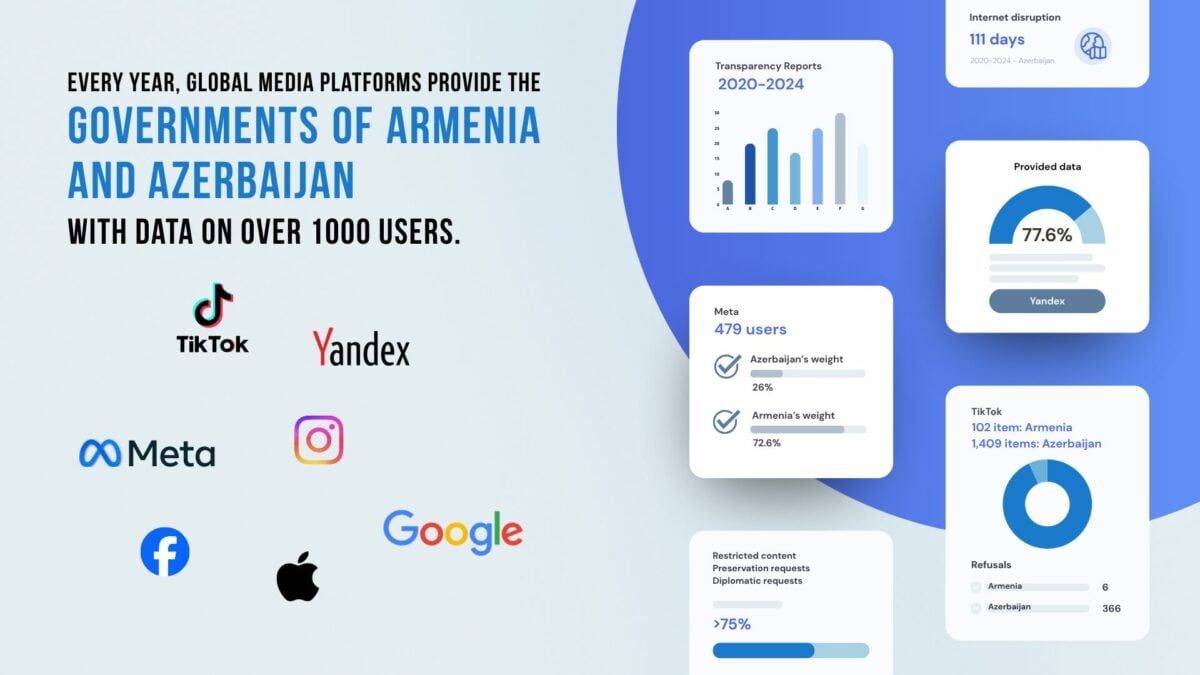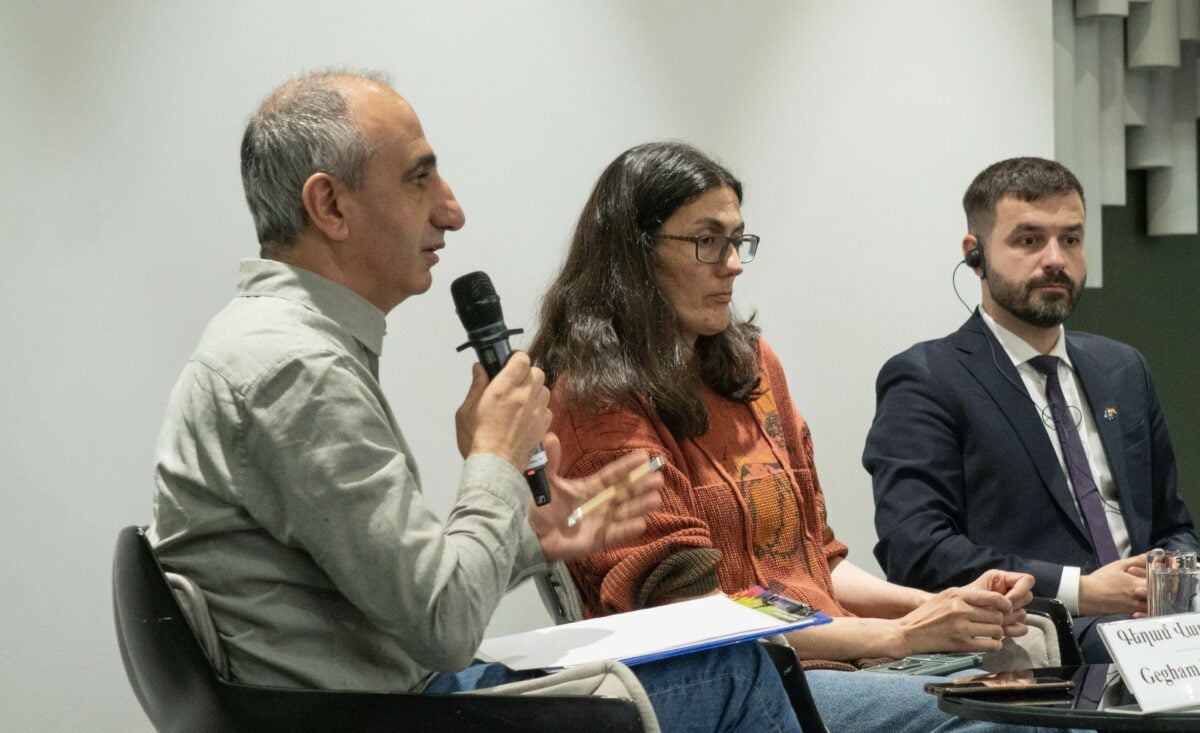It would be difficult to find a resident of social media who hasn’t noticed that the global, as well as local Armenian digital space is undergoing serious transformation.
Facebook has long stopped being a platform to just post photos, quote from books we’ve never read, and communicate with friends (I’m not talking, of course, about the ostentatious, selfie-taking crowd and the aphorism-loving Armenians accompanying them, who have penetrated Facebook as a result of the Odnoklassniki crisis).
Facebook is now a regulator of a vast flow of information, with which all news outlets “settle their accounts”.
Of course, in terms of information distribution, Zuckerberg still has to spend many sleepless nights to get what Twitter has been offering since its onset: to read in real time and with the use of specially selected hashtags posts shared by people in other parts of the world who have absolutely nothing to do with you — and not be limited to your1,000 friends and 800 of their friends, never understanding “were you late to the revolution again?” or can we still manage to join?
About 3–4 years ago, you could count on one hand the number of active users of the “Armenian Twittersphere”.
Now the picture is slightly different: finding themselves in different situations, a large segment of netizens realized that in order to raise a lot of fuss, it’s time to use the opportunity afforded by hashtags. Yes, those same tags that are almost useless in Facebook.
The precedent (perhaps the largest in its scale) was set during the #ElectricYerevan movement.
Next is the not-yet-fully-developed #ArmRef15, with posts related to the referendum, the main practitioners of which were those on observer missions and journalists.
As can be seen in the graphic below, the #ArmRef15 hashtag with its “Yes” and “No” keywords in Armenian (“այո” and “ոչ”, respectively) recorded its highest activity on referendum day — thanks to posts by about 300 active users.
One of Twitter’s unique features is that the volumes of your tweets being distributed is not that dependent on the amount of followers you have. In the #ArmRef15 example, the top five are users who don’t have Twitter followers of astronomical size but an average1,500–2,000 followers. From this we can assume one thing: if what you write is interesting, it definitely will be read and not be lost in a newsfeed full of ads and updated once a century.
These tags accompanied #ArmRef15 online. Yes, you noticed correctly: the “Maidan-ists” were also active — with the hashtag #yerevanmaidan.
The leading position among the keywords accompanying #ArmRef15 was “referendum,” followed by “Armenia,” then “constitution,” “fraud,” “observer,” and a little bit, “democracy”.
As for Facebook, during the days of the referendum, the main flurry of activity was on the pages of a few dozen users and organizations, which, serving as sources of information, shared photos, videos, and posts on the day’s electoral violations, calculations, and other updates — some of which, no matter how public they were, all the same, were available only to the closed circle characteristic of Facebook.
Among the most interesting developments noticed these days in the whirl of Facebook is a specially created page, where published is information about people who committed electoral violations and were caught in the act — with the aim of surrendering them to public “sentencing”.
It should be noted that alongside its laid-back lifestyle, Facebook is a very good tool for conditionally “sobering up” certain groups of people.
And well, it’s just needless to talk about the untold numbers of memes created as a result of the impetuous events. It’s been several years now that the art of trolling has taken shape in Armenia, for which we have the ongoing sociopolitical developments to thank.
Networks are smart: we simply have to not be lazy and try to use their full potential — finally realizing the difference between and need for “Facebooking” and tweeting.
Anahit Musheghyan
Marketing specialist
interested in new media and social media






